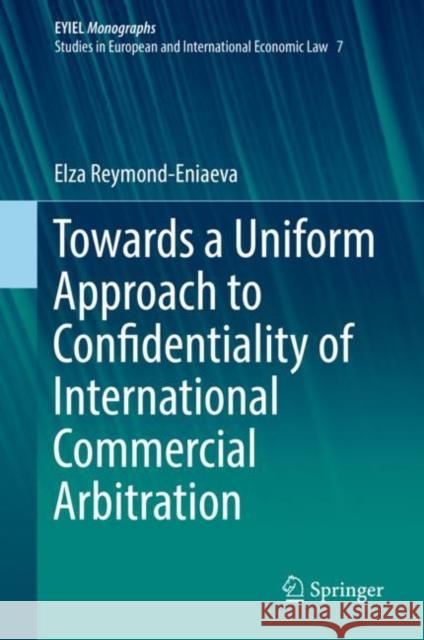Towards a Uniform Approach to Confidentiality of International Commercial Arbitration » książka
topmenu
Towards a Uniform Approach to Confidentiality of International Commercial Arbitration
ISBN-13: 9783030190026 / Angielski / Twarda / 2019 / 240 str.
Towards a Uniform Approach to Confidentiality of International Commercial Arbitration
ISBN-13: 9783030190026 / Angielski / Twarda / 2019 / 240 str.
cena 564,88
(netto: 537,98 VAT: 5%)
Najniższa cena z 30 dni: 539,74
(netto: 537,98 VAT: 5%)
Najniższa cena z 30 dni: 539,74
Termin realizacji zamówienia:
ok. 16-18 dni roboczych.
ok. 16-18 dni roboczych.
Darmowa dostawa!
Kategorie:
Kategorie BISAC:
Wydawca:
Springer
Seria wydawnicza:
Język:
Angielski
ISBN-13:
9783030190026
Rok wydania:
2019
Wydanie:
2019
Ilość stron:
240
Waga:
0.54 kg
Wymiary:
23.39 x 15.6 x 1.6
Oprawa:
Twarda
Wolumenów:
01
Dodatkowe informacje:
Bibliografia
Wydanie ilustrowane
Wydanie ilustrowane











